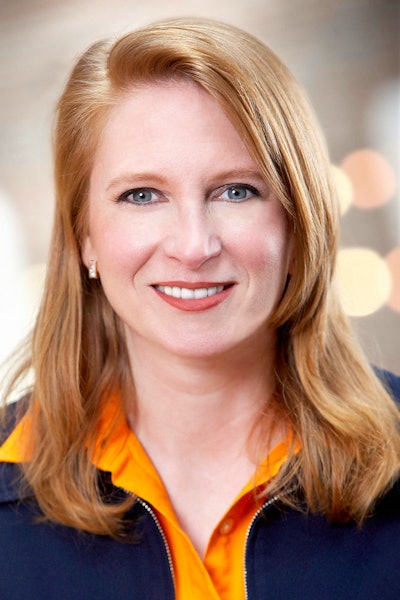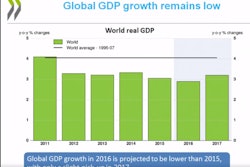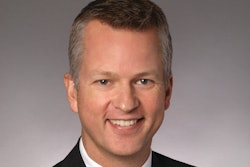
It may seem odd to talk about outsourcing and Adam Smith, the father of modern economics, in the same breath but—stay with me on this—it’s not far-fetched at all.
In our research and work on the Vested approach to collaborative, outcome-based outsourcing and business relationships, we’ve traced a clear line from the giants of academic and economic theory to the emergence and evolution of modern outsourcing.
And it started with Adam Smith. Obviously, the term outsourcing did not exist when Smith was alive but it existed in one way or another as mercantilism, markets and transactions developed and became more sophisticated. For example, when an entrepreneur formed a relationship with a guild of weavers to manufacture and sell garments, the marketing, distribution and manufacture was a mixture of mutual outsourcing relationships, with all of the parties using their unique skills to do what they do best for mutual benefit.
Smith, a Scottish academician who lived in the 18th century, observed humans’ propensity for self-interest and formulated the law of supply and demand in 1776 with the publication of “An Enquiry into the Nature and Causes of the Wealth of Nations.” He said that society benefits as a whole from a variety of trading transactions because humans will naturally seek what is best for them, resulting in fairness and honesty among equals. That was the theory. As demand for repeat transactions emerged, trading preferences evolved and modern transaction-based business models developed. These transactional business models became a cornerstone of conventional business relationships.
Smith outlined a basic theory of international trade: “If a foreign country can supply us with a commodity cheaper than we ourselves can make it, better buy it of them with some part of the produce of our own industry employed in a way in which we have some advantage.”
If you substitute “company” for “foreign country” in that quote you have the idea behind outsourcing. Put another way, what Smith said sounds very similar to what Tom Peters and Peter Drucker famously said more than 200 years later, “Do what you do best and outsource the rest!”
Smith’s insights were spot on: Today, few economic concepts enjoy as much acceptance and consensus among economists as that free and open world trade increases economic growth, while raising living standards.
Smith wrote about the advantages of specialization and free markets long before it was understood and normal practice to break down work processes into component parts. He wrote that an individual producer who “intends only his own gain... [is] led by an invisible hand to promote an end which was no part of his intention.” This produces a more productive and fairer society than if governments or other authorities recommend what individuals should buy or sell.
Lionel Frost, an Associate Professor in the Department of Economics in the faculty of Business and Economics at Monash University, said Smith “would have approved” of today’s outsourcing trends in terms of specialization and division of labor across global markets.
“While Smith would acknowledge that some people are affected adversely by outsourcing, he would conclude that on balance, society is better off when people are free to pursue the opportunities that the market presents,” said Frost. “As Smith wrote, while widening the market is usually of general benefit, restricting competition and trade “must always be against” the best interests of society.”
The foundation Smith articulated for free markets and specialization is essential as modern economic and academic thinking on those topics evolves. It’s not free trade and outsourcing that are the culprits in today’s volatile economies and financial markets. It’s about finding ways to make free trade, globalization and outsourcing more relevant, ethical and user-friendly for all.
Proponents of Game Theory and the win-win approach to business relationships, such as Nobel laureate John Nash (about whom I’ll write more about in an upcoming column for this “Academics of Outsouricng” blog series) actually have taken Smith’s basic precept a vital step further—that individuals and companies will seek what is best for them through fairness and honesty by working together!













